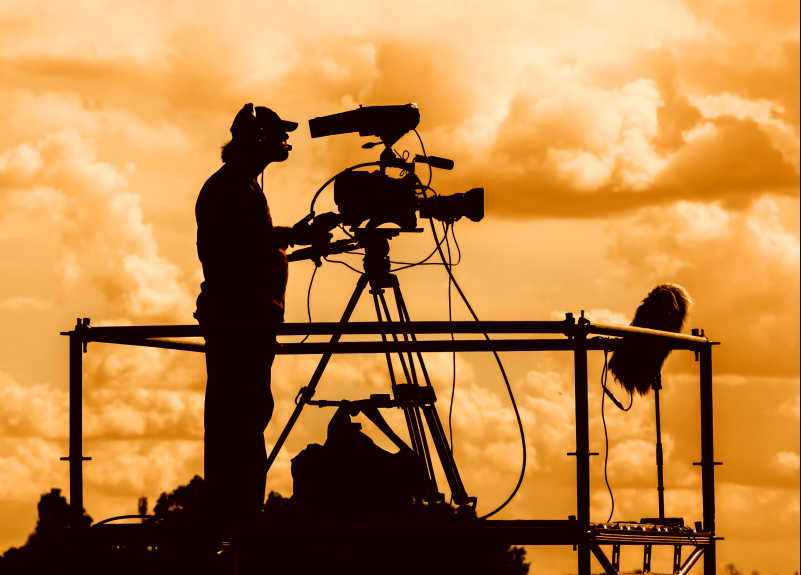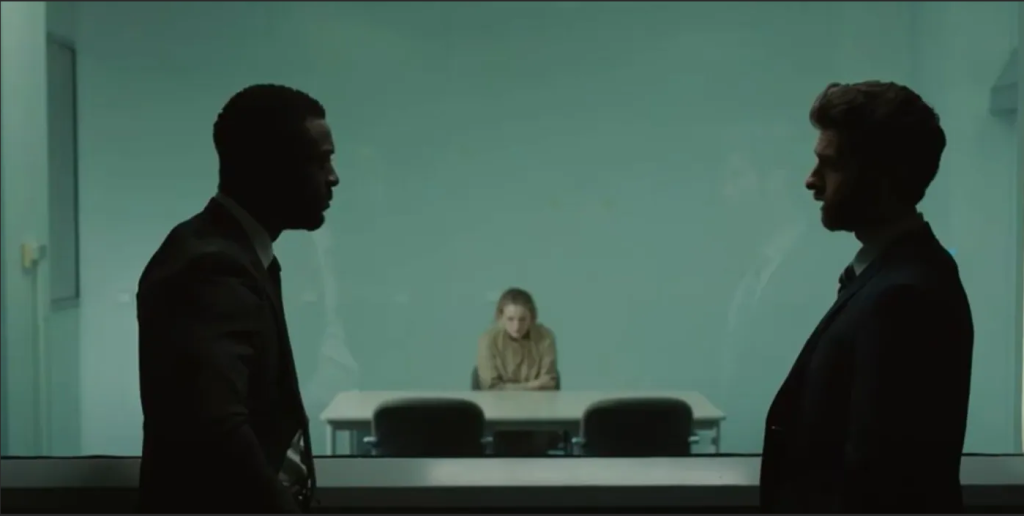In contemporary society, the topic of gender equality is increasingly receiving attention. However, despite significant progress, there are still some deep-rooted perceptions and behavioral patterns that continue to subtly influence our lives. One such example is the concept of the “male gaze.”
Having already studied the origin and meaning of the “male gaze,” I won’t delve deeply into explaining what this term signifies, but I’ll provide a brief overview. The “male gaze” refers to the way men view women from an objectifying perspective, a concept widely prevalent in movies, advertisements, literature, and everyday life. It’s not limited to visual attention but also involves a cultural attitude that unconsciously grants men a dominant role in gender dynamics.
The impact of this phenomenon is far-reaching. It not only limits women’s representation and self-expression but also exacerbates gender inequality. The male gaze is not just a problem for women; it is an issue that men need to confront as well. As men, we should recognize that we might be unwittingly perpetuating this gaze, which occurs in our daily lives but has previously gone unnoticed by us.
In today’s internet culture, such as on TikTok, whenever influencers start discussing examples of the male gaze, such as how women in movies are often merely accessories to male protagonists, or how bar posters typically feature sexualized images of women, the comments usually dismiss these concerns as “women overthinking,” “being too sensitive,” or claiming “it’s perfectly normal.” However, this dismissal is problematic. Many things that we, as men, perceive as normal are due to our failure to consider these issues from a woman’s perspective.

A clear example of differing perspectives can be seen when a group of Western directors produced a movie and screened it in an African village. The film might have contained elements significant and apparent to Western audiences, such as plot, character development, or thematic messages. However, some of the African viewers became intensely interested in a seemingly minor detail in the movieŌĆöa chicken, which appeared for no more than two seconds. This illustrates how the direction of one’s perspective on the same matter can be entirely different when viewed from different standpoints.
To learn to stop the “male gaze,” I believe the most crucial step is to think from a woman’s perspective. By doing so, we won’t dismiss women’s suggestions in unreasonable situations as baseless. It can also help us change some of the male gaze behaviors that we have normalized in daily life, which are actually inappropriate. For instance, in academic and professional settings, we should avoid overly emphasizing a female colleague’s appearance rather than her professional capabilities. Additionally, we should not overlook women’s opinions in discussions, nor should we show a bias toward listening to men’s opinions. This shift in perspective is essential in addressing and rectifying the ingrained patterns of the male gaze.

In summary, the male gaze is a complex issue, but through understanding, listening, and action, men can play a significant role in breaking this ingrained pattern and promoting a more respectful and equal society. This is not just a struggle for women; it is a responsibility for each one of us.
The image is sourced from Google.


I quite agree more with you that many of the problems that men think are normal come from not thinking about them from a woman’s perspective. This is actually a manifestation of the male gaze. However, in your article, you said to avoid overemphasizing the appearance of female colleagues to determine a person’s ability in the workplace, which I think is very clearly sexist. This is as serious a problem as men need to be solved. Going back to the article, in your example of a film that was played in Africa, you did not write how the male gaze is presented to the audience, you just said that there are different views from different angles. I think you can give more obvious examples.
I mean in the current workplace, many people say things like: ‘You’re pretty good for a woman,’ or ‘I didn’t expect someone as attractive as you to be competent too.’ We should avoid saying these things. What I want to express is that we should avoid judging a woman’s capability in the workplace based on her appearance. The example of the movie I mentioned is just to illustrate that people see things differently from different perspectives. Just like with this movie, where the producer thought everyone would understand the clear point it was making, but the people in Africa only saw a chicken, because that was the only thing they were familiar with. This leads to the point that most men might exhibit behavior indicative of the ‘male gaze,’ simply because, like the producer, they do not understand from the perspective of the African people.
OwO